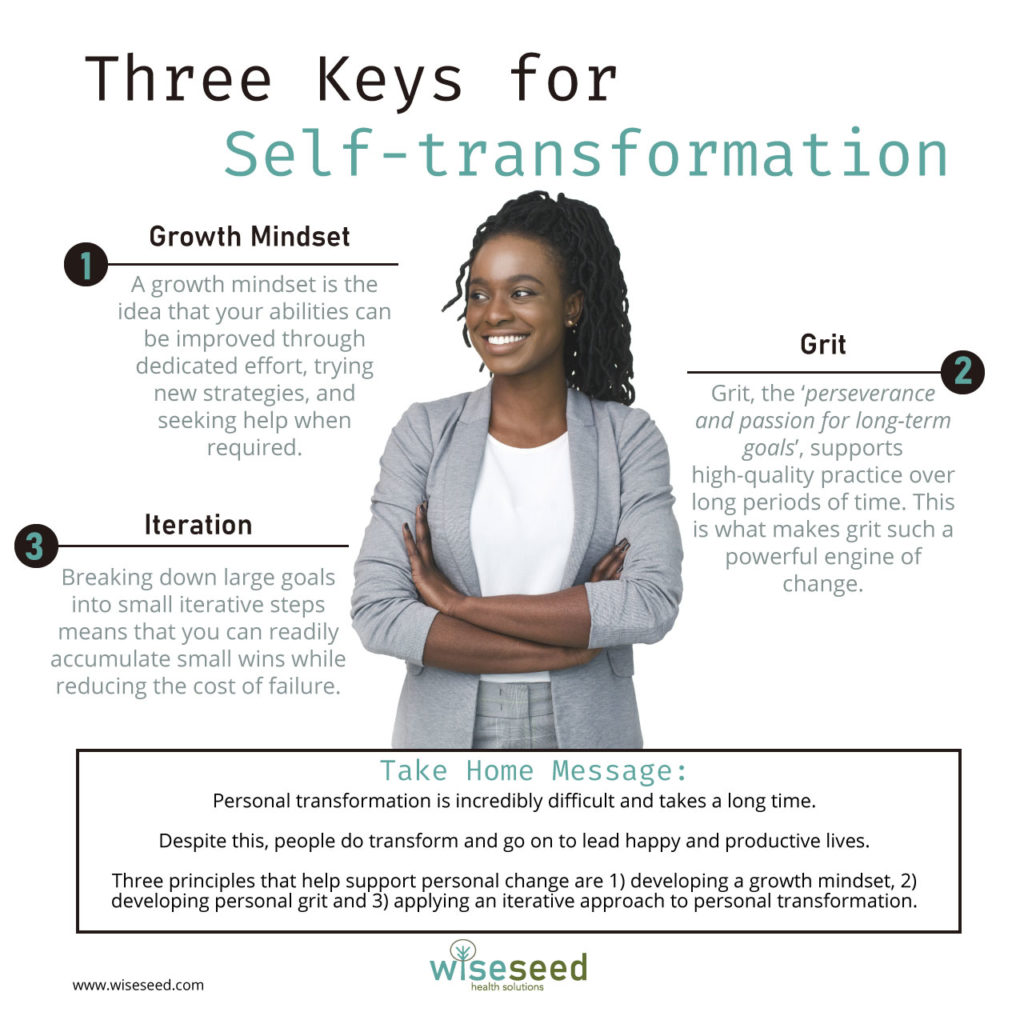Three Keys for Self-Transformation

The amazing story of Yul Kwon
By any reasonable metric, Yul Kwon is a phenomenal success. In high school he played varsity water polo and track and field, and graduated valedictorian. He then attended Stanford University where he graduated Phi Beta Kappa with a B.S. degree in Symbolic Systems. After Stanford, Yul attended Yale Law school where he graduated with a J.D. and was editor of The Yale Law Journal.
The breadth and depth of Yul’s subsequent professional career is also nothing short of astonishing. He started out in the legal space working for a time on the Second Court of Appeals, then as a legislative aid to a US Senator. Yul moved on to the private sector, working for Google in business strategy then as a consultant for McKinsey & Company, then as a Director of Product Management at Facebook, and now back at Google leading a collaboration between Google and Apple developing Covid-19 tracking apps.
Oh, and Yul also won the thirteenth season of ‘Survivor: Cook Islands’.
A rough start
However, if you looked back at Yul’s childhood, it’s doubtful that you would have predicted his success. As the child of South Korean parents who immigrated to America, Yul was an introverted kid that was bullied heavily at school. As a result, Yul develop sever anxiety that manifested in classic OCD behaviours such as hand washing and obsessing over numbers.
Yul’s worst manifestation of anxiety was a condition known as paruresis, the fear of using public toilets. This was triggered by the severe bullying and humiliation that Yul and other students were subjected to at school.
So, how did a bullied, anxious child with OCD become an entrepreneurial powerhouse?
Sometime during middle school, Yul realised he was heading for disaster and therefore committed himself to change. Yul’s approach incorporated three core principles 1) A growth mindset, 2) grit and 3) iteration.
As you’ll see, the sophistication and determination that Yul applied during his approach to self-transformation at such a young age is truly extraordinary.
1. A Growth Mindset
A growth mindset is the idea that your abilities are not genetically fixed, rather they can be improved through dedicated effort, trying new strategies, and seeking help when required (1).
The power of the growth mindset was revealed in a large-scale study that applied a one-hour, online growth mindset intervention that taught students that their intellectual abilities can be developed (2). This single intervention improved the grades among lower-achieving students and increased their overall enrolment to advanced mathematics courses in US secondary schools (2).
Yul’s self-transformation was firmly grounded upon a growth mindset. He believed that change was both possible and necessary, and then he diligently worked on becoming a better version of himself. He implemented new strategies, such as joining interest groups and sporting teams. And he sought help, first from his older brother, and later from professional therapists.
Granted, a growth mindset is unlikely to transform someone who is struggling with basic math into a Nobel Prize Winning physicist. However, Yul’s transformation is a fine example of how developing a growth mindset is the critical first step in achieving significant and positive change in your life.
2. Grit
The first researchers to formally study grit defined grit as the ‘perseverance and passion for long-term goals. Grit entails working strenuously toward challenges, maintaining effort and interest over years despite failure, adversity, and plateaus in progress’ (3).

It’s essential to note that grit is composed of two components, perseverance AND passion. With respect to perseverance, the Author’s state that ‘The gritty individual approaches achievement as a marathon; his or her advantage is stamina’ (3).
The idea of sticking to your guns has one obvious benefit: time on task. For example, grittier individuals who were competing in a national spelling bee spent more time preparing for competition, which naturally improved their performance on the day of competition (3). Meaningful change is difficult, and gritty individuals are simply better at enduring the grind required to achieve difficult goals (3).
However, persistence alone is not enough. Grit researchers who only measured persistence failed to find a strong correlation between grit and success (4). The link between success and grit only became clear when researchers included both persistence and passion in their measurement of grit (4).
You must to be passionate about what you are working towards, otherwise life becomes a joyless chore (4). It is the combination of persistence with passion that allows you to become fully immersed in the process of transformation, which improves your cognitive effort, concentration and performance (4). Persistence plus passion supports high-quality practice over long periods of time. This is what makes grit such a powerful engine of change.
Finally, it’s worth noting that grit is one of the few cognitive functions that increases with age, suggesting that grit can be improved with practice (3). This means that the more you apply persistence and passion in your life, the grittier you will become.
3. Iteration
A major component of Yul’s success was his early realisation that change is hard. We’ve spoken before on the power of iteration in realising life goals, and Yul’s transformation process provides a beautiful case study about the power of iteration.
Yul broke down his personal transformation into a series of small, easily achieved steps. Some examples include simply putting his hand up in class to answer questions, and joining the drama class.
The benefit of an iterative approach was that it allowed Yul to steadily accumulate small wins. Further, by keeping the iterations small, Yul minimized the cost of failure. This allowed Yul to learn that failing was no big deal, which increased his appetite for exploration, thereby creating many new life opportunities.
Conclusion
Self-transformation is not easy, but as Yul’s story shows, meaningful personal growth is indeed possible. Following Yul’s example by applying the combination of a growth mindset, grit, and an iterative approach, may help you transform into the person you want to be.
Click on the link below to download your free PDF.
Acknowledgements
We highly recommend Steven Levitt’s wonderful podcast ‘People I (mostly) admire)’.
And of course, Steven’s inspirational interview with Yul Kwon is essential listening.

References and Further Reading
1. C. S. Dweck, D. S. Yeager, Mindsets: A View From Two Eras. Perspect Psychol Sci 14, 481-496 (2019).
2. D. S. Yeager et al., A national experiment reveals where a growth mindset improves achievement. Nature 573, 364-369 (2019).
3. A. L. Duckworth, C. Peterson, M. D. Matthews, D. R. Kelly, Grit: perseverance and passion for long-term goals. J Pers Soc Psychol 92, 1087-1101 (2007).
4. J. M. Jachimowicz, A. Wihler, E. R. Bailey, A. D. Galinsky, Why grit requires perseverance and passion to positively predict performance. Proc Natl Acad Sci U S A 115, 9980-9985 (2018).
Disclaimer
The material displayed on this website is provided without any guarantees, conditions or warranties as to its accuracy.
Information written and expressed on this website is for education purposes and interest only. It is not intended to replace advice from your medical or healthcare professional.
You are encouraged to make your own health care choices based on your own research and in conjunction with your qualified practitioner.
The information provided on this website is not intended to provide a diagnosis, treatment or cure for any diseases. You should seek medical attention before undertaking any diet, exercise, other health program or other procedure described on this website.
To the fullest extent permitted by law we hereby expressly exclude all warranties and other terms which might otherwise be implied by statute, common law or the law of equity and must not be liable for any damages whatsoever, including but without limitation to any direct, indirect, special, consequential, punitive or incidental damages, or damages for loss of use, profits, data or other intangibles, damage to goodwill or reputation, injury or death, or the cost of procurement of substitute goods and services, arising out of or related to the use, inability to use, performance or failures of this website or any linked sites and any materials or information posted on those sites, irrespective of whether such damages were foreseeable or arise in contract, tort, equity, restitution, by statute, at common law or otherwise.

Ten Minutes is All You Need
Research has shown that ten minutes of moderate-to-vigorous exercise performed each day is enough to significantly reduce your risk of early death.





